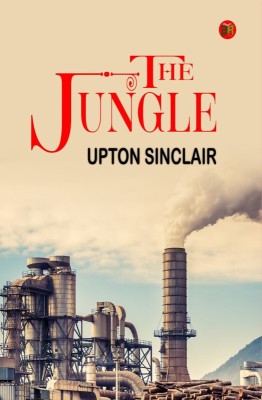The Jungle(Hardcover, Upton Sinclair)
Quick Overview
Product Price Comparison
"The Jungle" follows the story of Jurgis Rudkus, a Lithuanian immigrant who arrives in Chicago with his family seeking a better life. The novel vividly depicts the struggles and hardships faced by Jurgis and his fellow workers in the meatpacking plants. It explores the brutal nature of their work, the corruption of the industry, and the impact of capitalism on their lives.Sinclair's primary intention in writing "The Jungle" was to shed light on the mistreatment of workers and the unsanitary practices in the meatpacking industry. However, the novel also highlights broader social issues such as poverty, immigration, and the exploitation of vulnerable communities.Upon its publication, "The Jungle" had a significant impact on American society and politics. Readers were shocked by the graphic depictions of the meatpacking industry and its effects on the workers and public health. The novel sparked public outrage and led to significant reforms in food safety regulations and labor conditions. In particular, it played a crucial role in the passing of the Pure Food and Drug Act and the Meat Inspection Act in 1906, which established federal regulations for food production and aimed to improve consumer safety.While Sinclair intended "The Jungle" to be a socialist manifesto highlighting the exploitation of workers, it is often remembered for its expos├® of the meatpacking industry. The novel's enduring legacy lies in its contribution to public awareness of labor rights and the need for government intervention in protecting workers and consumers.


